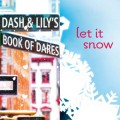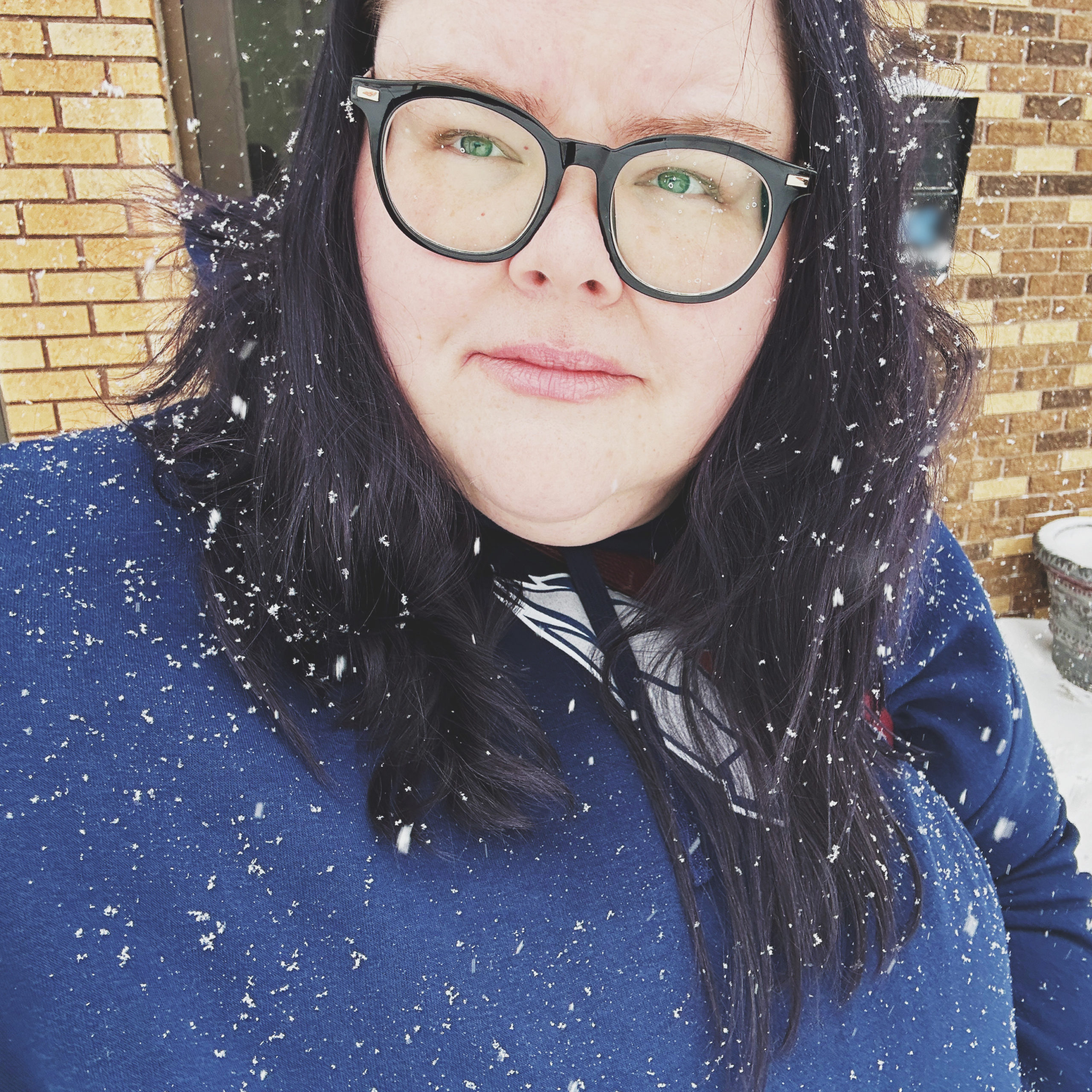

I really, really liked Jesse Andrews’ Me and Earl and the Dying Girl. I liked it a lot, definitely more than I expected to — I think? — and it’s one I’m glad I stumbled across on Amazon in my search for cheap Kindle books. It reminded me in a lot of ways — the good ones — of Frank Portman’s King Dork which I read around this time of year in 2009. September means stories about school to me and these are both stories that are about school and not about school in equal measure.
In fourth grade, I realized that girls were desirable. I had no idea what you were supposed to do with them, of course. I just sort of wanted to have one, like as a possession or something.
Both books are funny in similar ways, in this very specific way of young white men, that is intangible but near-visceral to me, and that makes me sometimes laugh so hard out loud that I have to put down what I’m reading and try to remember how to breathe. It is a key of phrasing, of word choice, and it’s near-impossible for me to pinpoint or draw actual line comparisons. I sat down to read King Dork again just because I wanted to be able to make clear references, but couldn’t focus on it because I kept thinking how much more I liked Me and Earl and the Dying Girl.
Did I want to get with Madison ? Yes. Of course I did. I would have given up a year of my life just to make out with her. Well, maybe a month. And obviously she would have to be doing it voluntarily. I’m not suggesting that some weird wish -granting genie would force her to make out with me in exchange for a month of my life. This entire paragraph is a moron.
Andrews’ narrator Greg is more self-aware, conscientious, and kind. He’s not perfect, but he tries very hard — perhaps initially because he wants to remain on everyone’s good side and under the radar, but ultimately because he doesn’t want to hurt people. He’s aware of his privilege, he’s aware of the class and racial differences between him and his friend Earl, he’s aware and speaks colloquially but explicitly about the importance of consent. Greg’s a good guy. And, unlike King Dork‘s Tom, he’s not obsessed with The Catcher in the Rye which is a book that, since I first read it at 12, has made me hate teenage boys, male writers, and every teacher and human being that has ever lauded it. Instead he’s obsessed with Werner Herzog for whom I have no opinion. Improvement!
“Urrrrgh.†We were silent, so I made the noise again. “Urrrrnngh.â€â€œWhat is that noise.†“Regretful polar bear.†Snort. “Polar bears are the most regretful animals in nature. Scientists do not know why this is. But they have the purest expressions of regret in the animal kingdom. Listen to how beautiful and haunting they sound: Urrrrrrrnnngh.â€
Me and Earl and the Dying Girl doesn’t have the world’s happiest ending. It’s not tied up and inspirational, but it is grounded and it is hopeful. It’s got great, funny writing and a self-aware, self-effacing narrator with a really charming, but never unbelievable narrator. It also has one of the best, most memorable teachers I’ve ever seen show up in a young adult book.
Mr. McCarthy had a look on his face of deep concern. It was definitely out of character for him and it was sort of distracting me. It was like when a dog makes a human-style face at you and you’re temporarily thrown off guard by it. You’re like, “Whoa, this dog is feeling a mixture of nostalgic melancholy and proprietary warmth. I was not aware that a dog was capable of an emotion of that complexity.â€
So, you know the drill, go buy it and read it and stuff.



